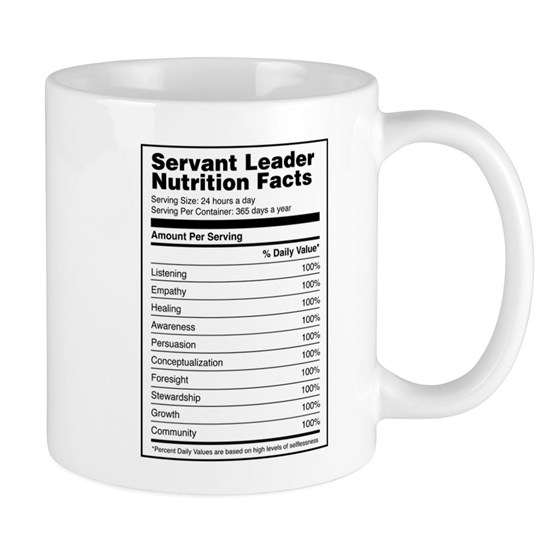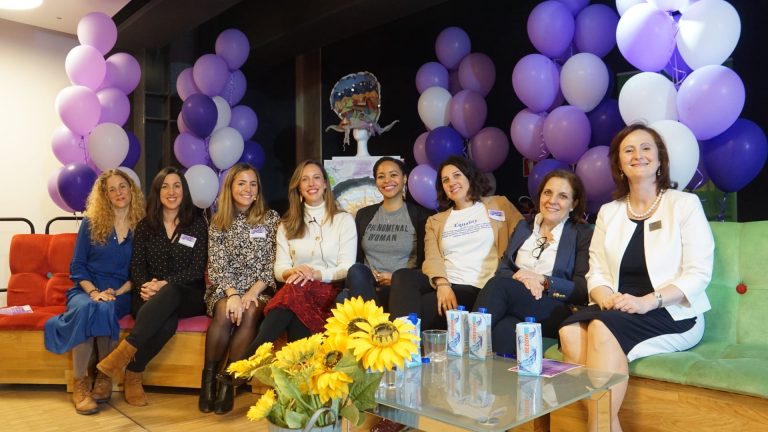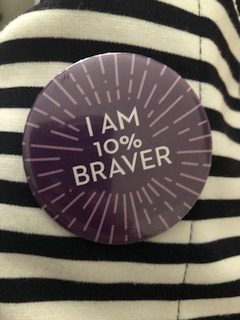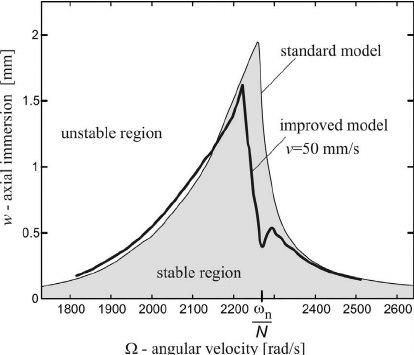Today for the podcast I interviewed Hannah Wilson, a.k.a. Ethical_Leader. She’s someone who I have followed on #edutwitter for a couple of years now, and to be honest she’s someone I also never expected to say yes to an interview! But say yes she did, and in our chat she introduced me to the concept of the daily writing challenge. The first challenge I joined was to be inspired by the prompt: Service.
In our chat the subject of service had already come up. We had been talking about servant leadership, which of course is about working to serve the needs of others, but is an umbrella term for governing with principles of empathy, compassion, seeing the value in others, and building community. It’s a leadership style which is much desired in current times, but what we talked about was how easy it is for those same leaders to forget the the need for self-care and the need to scheduling “you” into your diaries.
As educators we serve everyone else, and we have to serve ourselves. It’s not about being self-serving, but it’s about paying attention to our own needs before we drain ourselves for everyone else.
Hannah Wilson
We all know that great communities are built and upheld by the idea of service: whether that be to assist others with tasks, offer an ear in times of need, or even simply to laugh together – service to one another is at the heart of the best learning communities. But to overlook service to oneself is neglecting the heart of how to be of optimal help to others. As educators, or indeed, in any job, there is no need to martyr ourselves. COVID has made working days longer, computer time much more prevalent, and the ability to go outside restricted.
Ask yourselves: when was the time you felt the most effective in your job, the most productive member of your community, or the most helpful to others? Not many of us could say it’s after a full day of long screen-based interactions, nor after those days when you didn’t get to eat a proper lunch or take any breaks. Hannah’s words resonated with me. So much so that after the interview, I shut the laptop and immediately went to meditate. I didn’t sit down to write this until much later in the evening, but the concepts I mulled over during that 15-minute concentration persisted.
You have to fill your cup. You then give away the overflowing, but you keep a cupful for yourself.
Wynonna Judd
So: service to oneself comes first. When your cup is full, you can pour out more for others, and they’ll know the difference in the quality of your interactions.
And if you don’t believe it: check the cup.



